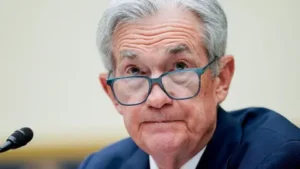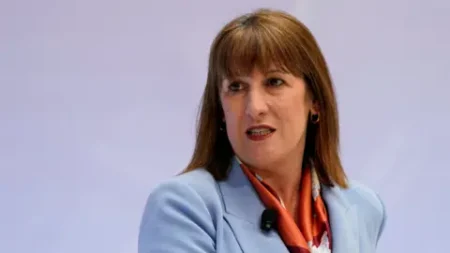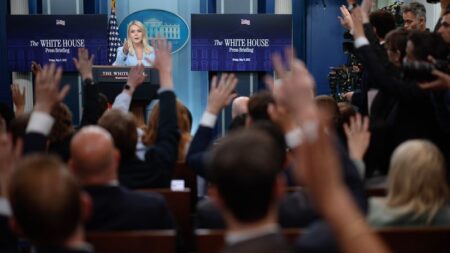In a recent shift of political strategy, a senior minister from the Labour government has asserted the party’s commitment to maintaining its election tax promises despite a significant rollback on welfare reform which may affect their financial planning. This statement comes in light of a critical climbdown agreement reached late the previous night between Labour ministers and rebellious MPs. The original objective of this welfare bill had aimed to save £5 billion annually by 2030 by imposing cuts on disability and health-related benefits. However, these concessions have led to a significant alteration in the projected savings, now jeopardizing Chancellor Rachel Reeves’ fiscal agenda amidst the looming autumn Budget.
Pat McFadden, the Cabinet minister, appeared on a BBC segment where he underscored that the decision to relax the planned cuts would have “financial consequences.” Alongside affirming that Labour would uphold their tax commitments—one notably not raising income tax, National Insurance, or VAT—he exhibited the government’s resolve to adhere to their manifesto promises made during the last electoral campaign. McFadden’s comments highlight the balancing act faced by the government as it traverses the demanding terrain of policy implementation while trying to placate internal party dissent.
Helen Miller, the newly appointed director at the Institute for Fiscal Studies, further elaborated on the ramifications of the delayed savings, stating that the government’s anticipated progression from a £5 billion saving plan to potentially no savings could provoke a necessity for tax increases. She expressed concerns that if the forecasted economic growth does not materialize positively, the government may increasingly find itself resorting to tax hikes.
The backdrop of these events reveals Labour’s manifesto commitment of not raising taxes for “working people,” specifically emphasizing income tax, National Insurance, or VAT. Furthermore, Reeves’ fiscal framework aims to satisfy both domestic and international financial markets by adhering to established guidelines that typically dictate a government’s financial health. These rules involve ensuring that public spending is not funded through borrowing and managing public debt levels relative to the economy. This scenario indicates the precariousness of the government’s position as pressures mount on Reeves to make tough fiscal resolutions, including possible tax increases or expenditure cuts in her forthcoming autumn Budget.
The political environment has grown increasingly tense, particularly in light of Labour’s recent welfare policy reversals that have complicated their fiscal objectives. Deputy Prime Minister Angela Rayner, speaking on ITV’s Lorraine, acknowledged the intricacies inherent in welfare reform, emphasizing the pressing need to stabilize the trajectory of rising welfare expenditures. She echoed the sentiment that Reeves needs to navigate these challenges diligently in the upcoming financial plans.
Moreover, the internal schism among Labour’s ranks has exposed vulnerabilities in the leadership of both Chancellor Reeves and Prime Minister Sir Keir Starmer. The welfare bill experienced intense scrutiny, leading to an unprecedented revolt among 49 Labour MPs against the proposed legislation, signaling a potentially distressing trend for party unity. Rachael Maskell, a prominent Labour MP, articulated substantial discontent with the bill, describing it as “disintegrating before our eyes” and advocating for increased representation of disabled individuals in legislative discussions.
In the essence of the legislative proceedings, the Bill regarding Universal Credit and the Personal Independence Payment received initial approval from MPs, passing with a vote of 335 to 260. Despite this, figures like Chris Curtis have emerged advocating for a more robust economic growth strategy, underscoring the crucial need for a stable economic framework through focus on stimulating growth.
In summary, Labour faces a complex strategic juncture as it tries to balance financial austerity against fundamental social welfare commitments. This ongoing scenario is fraught with the potential for heightened tensions both within the party and in its relationship with the electorate.











